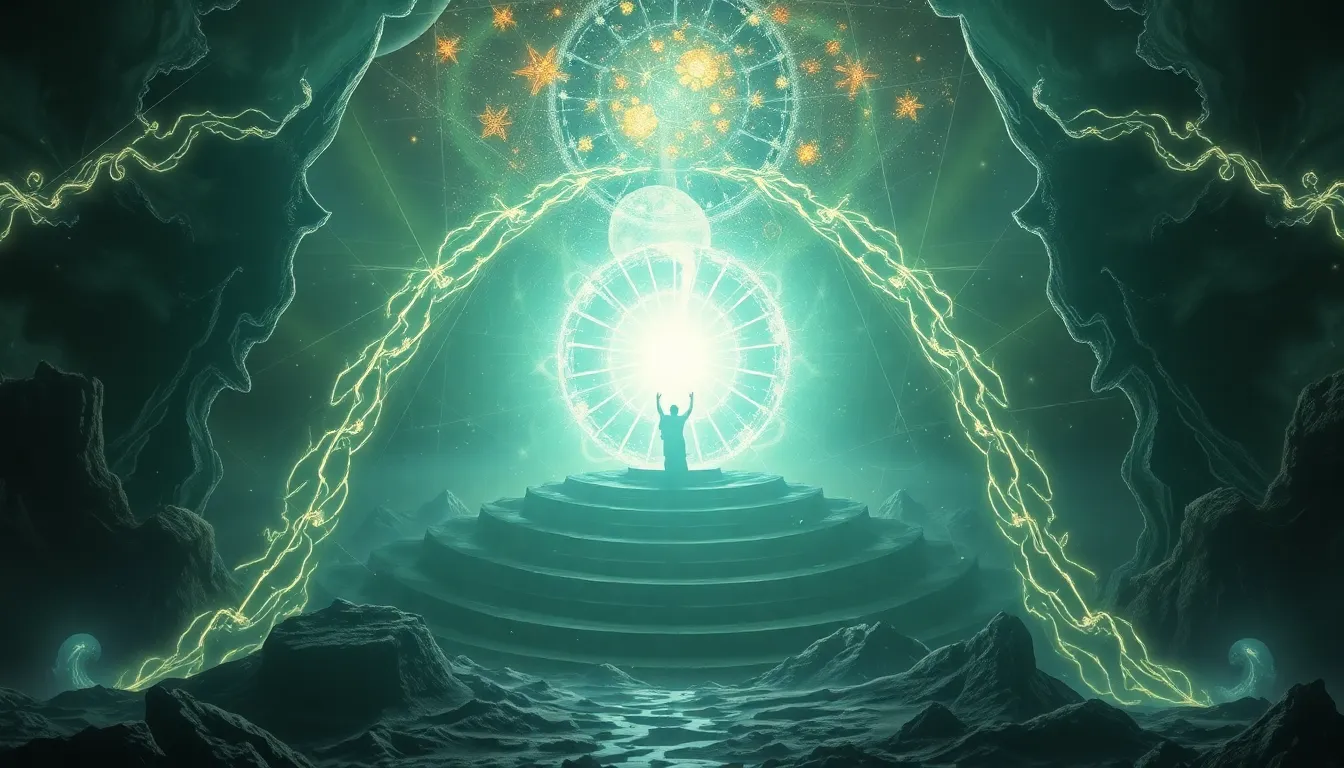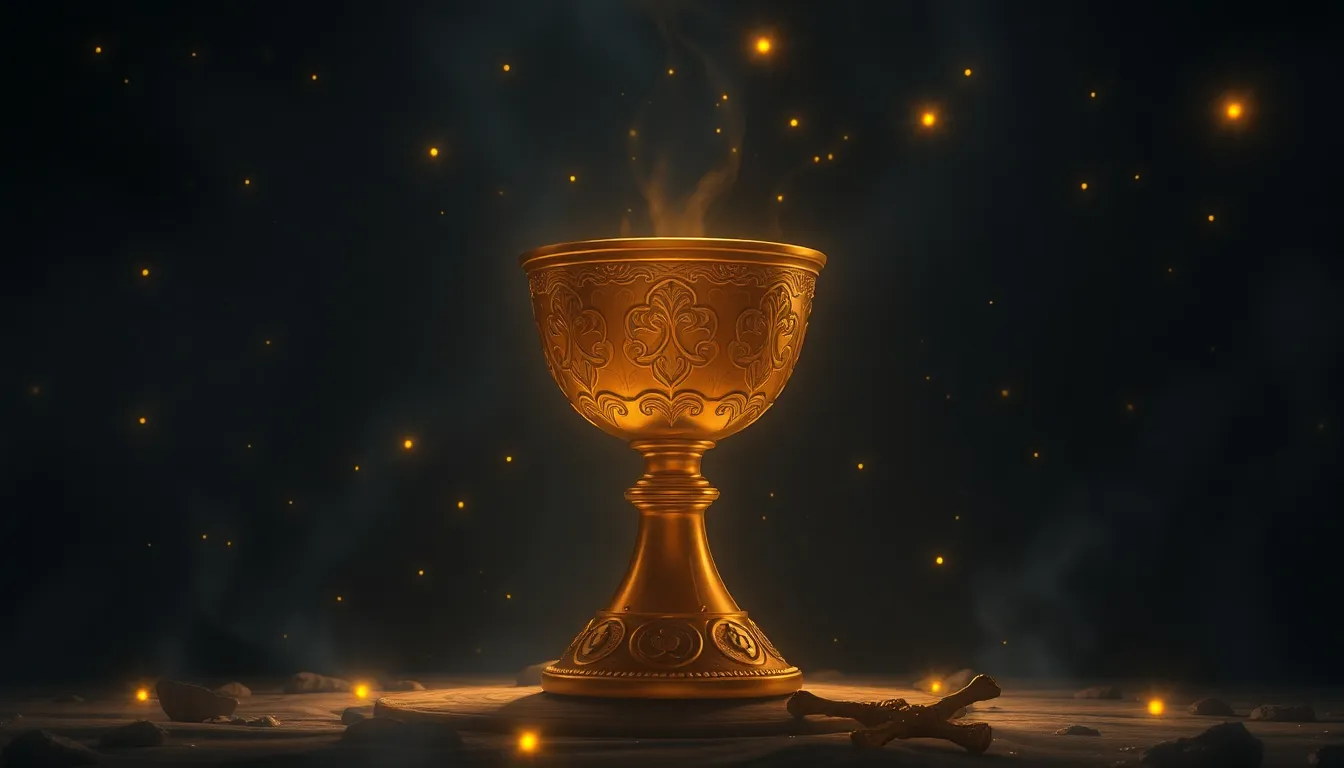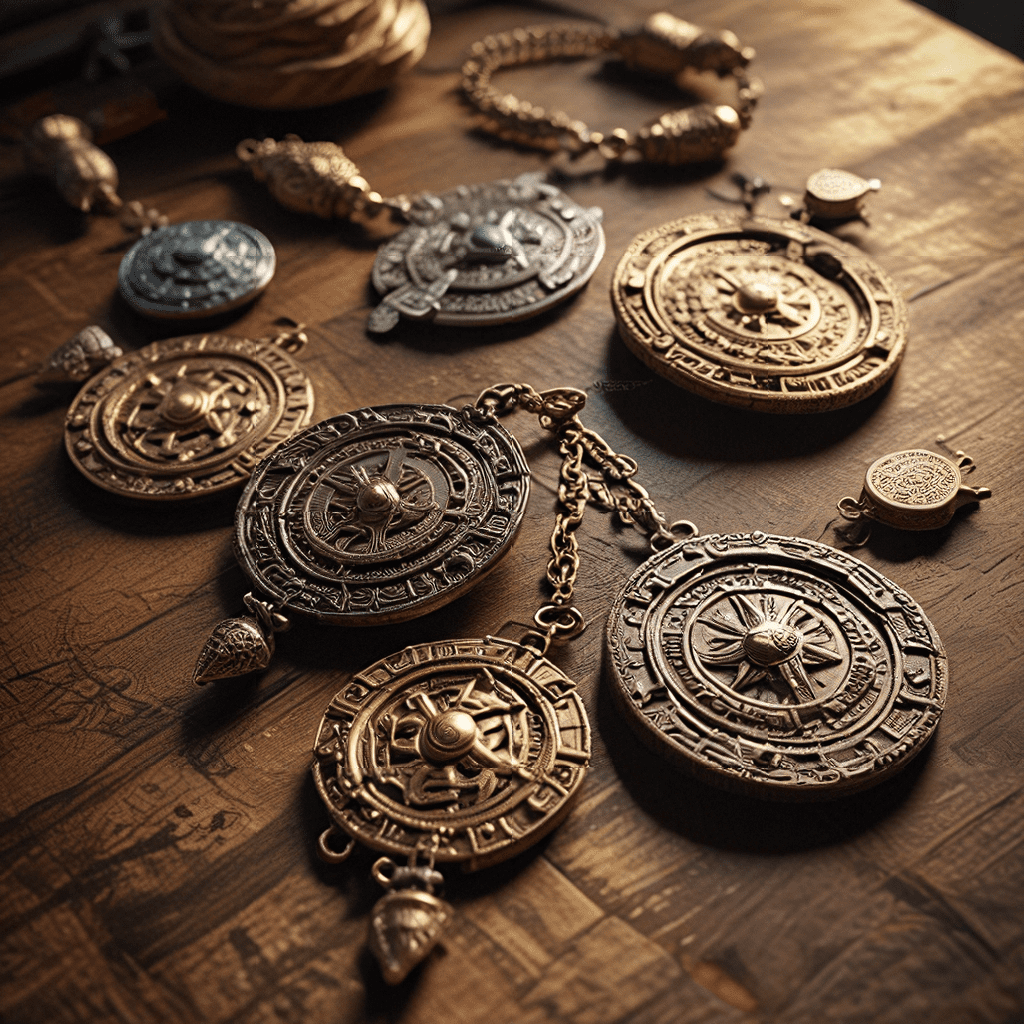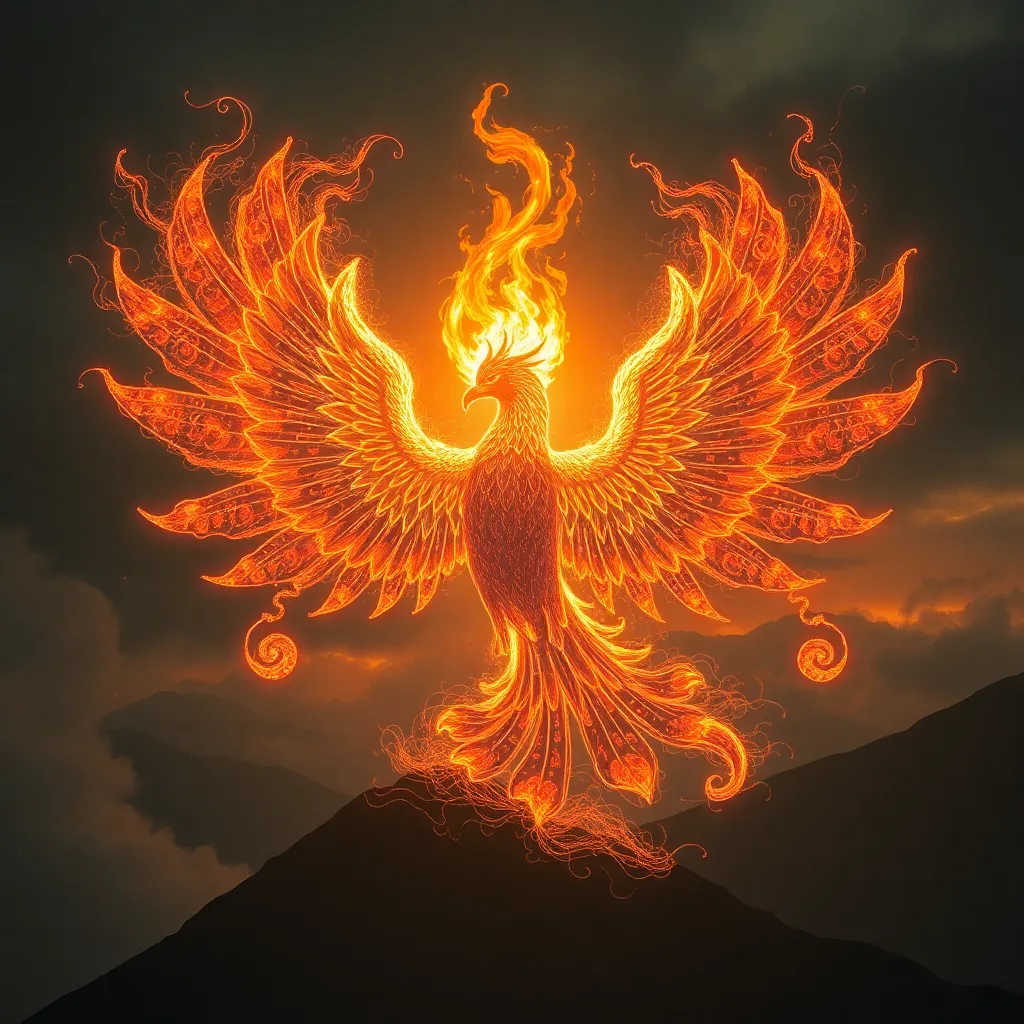The Creation Chronicles: Myths That Explain Our Very Existence
Introduction to Creation Myths
Creation myths are foundational narratives that explain the origins of the universe, humanity, and the relationships between them. These stories are present in every culture and serve not only to provide explanations for the unknown but also to convey values and norms that define a society. They are essential in shaping the cultural identities and worldviews of different peoples. This article aims to explore a variety of creation myths from around the world, delving into their significance and the insights they offer into our existence.
The Role of Creation Myths in Human Culture
Historically, creation myths have played a crucial role in ancient civilizations, serving as the earliest forms of storytelling that communicate essential truths about life and existence. They provide a framework for understanding the world and our place within it. The psychological and societal functions of these narratives are profound:
- Identity Formation: Creation myths help individuals and communities form their identities.
- Morality and Ethics: They establish moral codes and societal norms.
- Cosmology: These myths provide a cosmological understanding of the universe, offering explanations for natural phenomena.
- Community Bonding: Shared myths foster a sense of belonging and community among people.
The Big Bang: Science Meets Mythology
The Big Bang theory is the prevailing scientific explanation for the origins of the universe, positing that it began approximately 13.8 billion years ago from an extremely hot and dense state. This scientific narrative, while rooted in empirical evidence, echoes certain themes found in various creation myths that depict chaotic beginnings leading to order:
- Chaos to Order: Many myths describe the universe emerging from chaos, similar to the Big Bang’s initial conditions.
- Divine Intervention: Just as the Big Bang marks the birth of the universe, many myths attribute creation to divine beings intervening in the chaos.
This intersection of science and mythology invites intriguing questions about the nature of existence and the stories we tell to make sense of our world.
Genesis: The Judeo-Christian Creation Narrative
The Book of Genesis presents one of the most well-known creation narratives in Western culture, portraying God as the omnipotent creator who brings the world into existence in six days. This story has profound theological implications and has shaped moral principles in Judeo-Christian societies:
- Creation by Divine Will: The narrative emphasizes God’s authority and power over creation.
- Humanity’s Unique Role: Humans are created in God’s image, establishing a unique relationship with the divine.
- Morality and Ethics: The Genesis account lays the foundation for moral teachings that influence Western thought.
The Genesis creation story continues to resonate in contemporary discussions about existence, identity, and morality.
The Enuma Elish: Babylonian Insights into Creation
The Enuma Elish is an ancient Babylonian creation myth that narrates the rise of the god Marduk and his establishment of order from chaos. This myth is rich in themes of conflict and resolution:
- Chaos vs. Order: The story begins with chaotic waters, reflecting the tumultuous nature of existence.
- Divine Authority: Marduk’s triumph over the primordial forces illustrates the theme of divine authority and control.
- Creation as a Battle: The act of creation is depicted as a battle, suggesting that order is achieved through struggle.
The Enuma Elish significantly influenced Mesopotamian culture and provided insights into the relationship between gods and humanity.
The Cosmic Egg: Creation in Eastern Mythologies
In several Eastern mythologies, the concept of the cosmic egg serves as a powerful symbol of creation. In Hinduism and Chinese mythology, the cosmic egg represents the potential of creation:
- Hindu Mythology: The Brahman is often depicted as a cosmic egg from which the universe emerges.
- Chinese Mythology: The Pangu myth describes a giant who emerges from a cosmic egg to create the world.
The symbolism of the cosmic egg reflects philosophical interpretations regarding the cyclical nature of life, creation, and the unity of existence.
Indigenous Creation Stories: A Connection to Nature
Indigenous cultures around the world possess rich creation stories that emphasize a deep connection to nature. These narratives often highlight the interdependence of all living beings:
- Harmony with Nature: Many indigenous myths focus on the balance between humans and the natural world.
- Storytelling as Preservation: Oral traditions play a vital role in preserving cultural identity and environmental wisdom.
- Respect for Ancestral Spirits: Creation stories often honor ancestors and spirits that guide communities.
These narratives serve as reminders of the importance of environmental stewardship and respect for the natural world.
Modern Myths: Creation Stories in Contemporary Society
In today’s rapidly changing world, modern narratives—ranging from science fiction to technological advancements—serve as contemporary creation myths. These narratives reflect society’s search for meaning:
- Science Fiction: Stories about artificial intelligence and space exploration present new visions of creation and existence.
- Technological Creation: Innovations in technology challenge our understanding of creation and what it means to be human.
Modern myths provide a framework for grappling with complex questions about identity, existence, and the future of humanity.
Comparative Analysis: Common Themes Across Cultures
Upon examining various creation myths, several recurring motifs emerge:
- Chaos and Order: Many myths begin with chaos, leading to the establishment of order.
- Divine Beings: Creation is often attributed to gods or divine forces.
- The Importance of Humanity: Myths frequently highlight humanity’s special place in the cosmos.
These themes reflect universal human concerns, such as the search for meaning, the nature of existence, and the relationship between humanity and the divine.
Conclusion: The Enduring Power of Creation Myths
Creation myths remain relevant in today’s society, offering insights into human existence and the mysteries of life. They encourage individuals to explore their cultural narratives and connect with the stories that shape their identities. As we navigate a complex world, these myths can provide comfort and guidance, reminding us of our shared humanity and the timeless quest for understanding our place in the universe.




